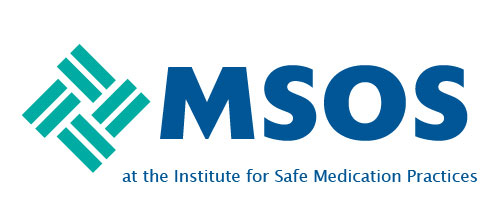How is everyone approaching expectations for anticoagulant education per the National Patient Safety Goal 03.05.01? Our institution is rolling out nurse training on how to educate on anticoagulants, and our AC Stewardship group, which includes someone from Regulatory Readiness, wants to target all nurses, including those in perioperative areas (preop/PACU). The thought behind this is that patients who need to be bridged or hold AC may have been educated outside of our organization and we may not have documentation of that education for outpatient procedures. They are concerned that we will not have documentation for education of their plan to restart anticoagulation, etc. We are getting pushback from nurse educators who do not feel that it is applicable to their areas. Does anyone have experience with how the TJC is assessing this?
NPSG.03.05.01: Reduce the likelihood of patient harm associated with the use of anticoagulant therapy. Note: This requirement does not apply to routine situations in which short-term prophylactic anticoagulation is used for preventing venous thromboembolism (for example, related to procedures or hospitalization).
6. The hospital provides education to patients and families specific to the anticoagulant medication prescribed, including the following:- Adherence to medication dose and schedule- Importance of follow-up appointments and laboratory testing (if applicable)- Potential drug–drug and drug–food interactions- The potential for adverse drug reactions

